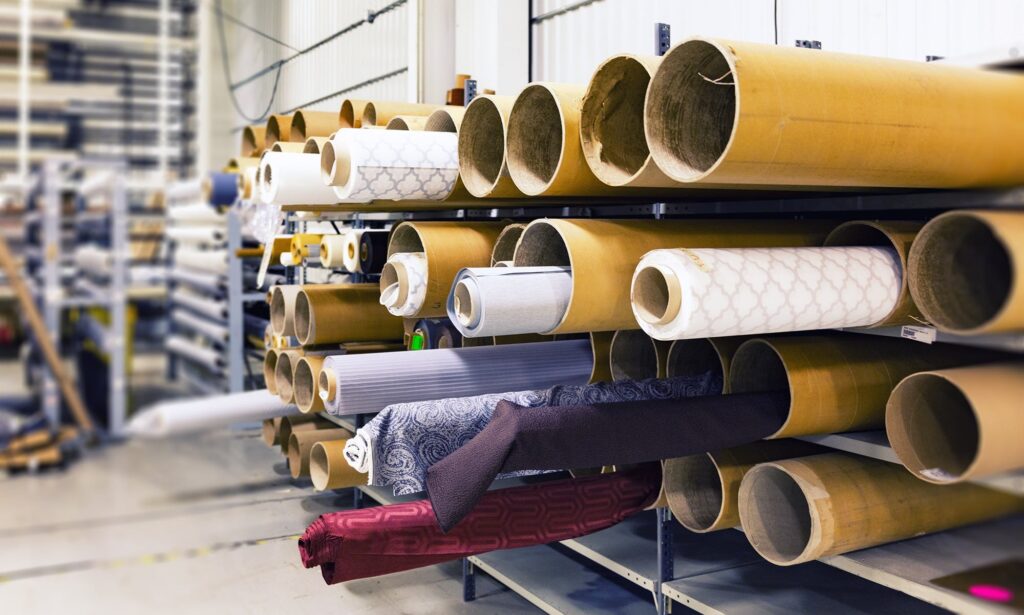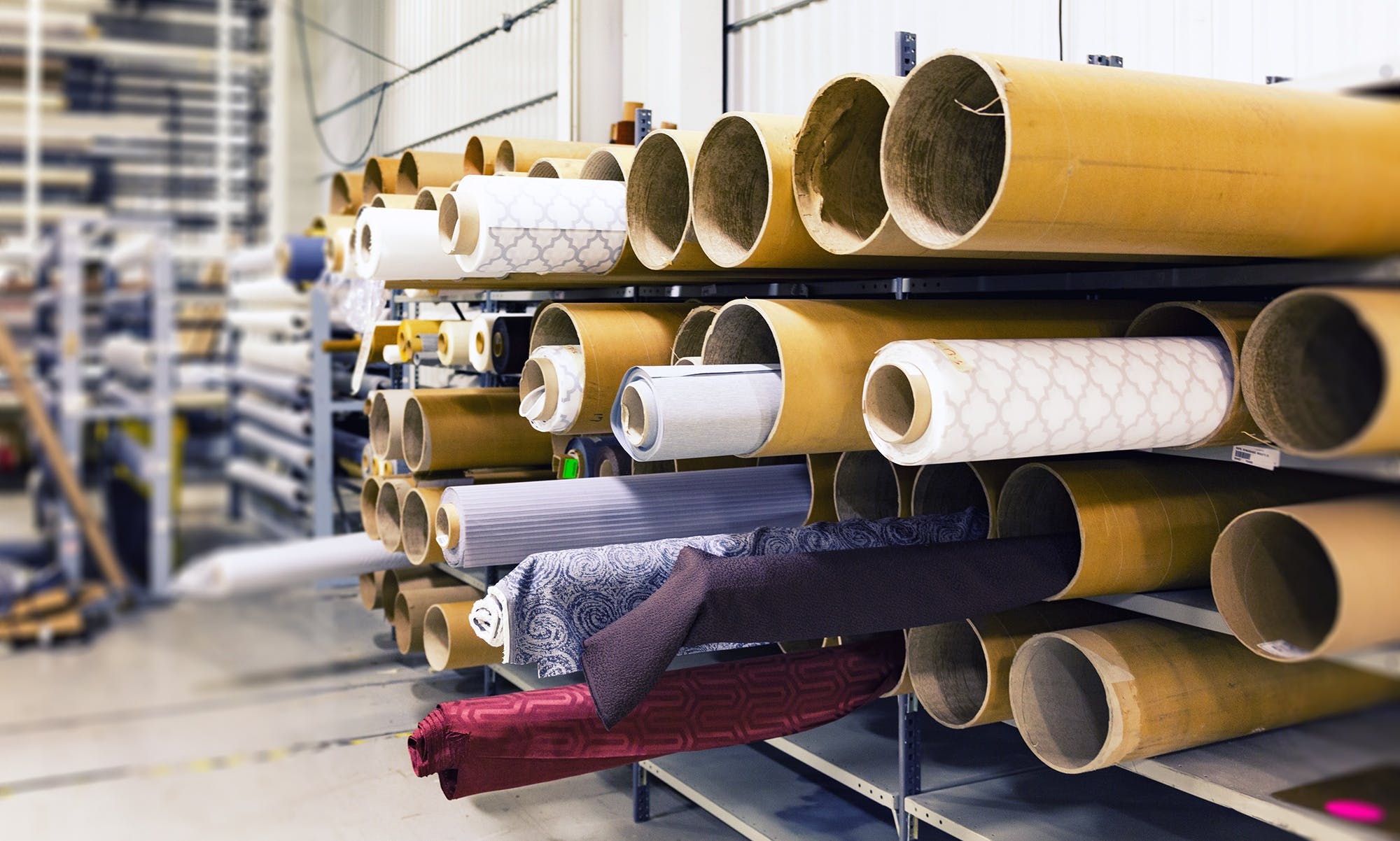
The manufacturing industry is an intricate web of processes, technologies, and supply chains that drive global economies. Every day, unseen by most of the public, the processes of manufacturing move forward with perceived ease. However, this sector is not immune to challenges, as it grapples with an array of obstacles that threaten its stability and growth. From supply chain disruptions to technological complexities, manufacturers are continuously challenged to adapt and innovate when it comes to manufacturing problems.
Supply Chain Disruptions:
The fragility of the manufacturing supply chain has been accentuated in recent times, with the advent of global crises, natural disasters, and geopolitical instabilities. While these sorts of incidents are difficult to mitigate through a manufacturing investigation, third-party investigators can identify threats both internal and external that may disturb the supply chain. A single disruption in the supply chain can have a cascading effect, leading to production delays, increased costs, and customer dissatisfaction. To mitigate the impact of supply chain disruptions, manufacturers should consider diversifying suppliers, fostering stronger relationships with key partners, and embracing digital technologies for real-time monitoring and risk assessment.
Employee Misconduct:
Employee misconduct is one of the most dynamic manufacturing problems in the industry. Employee misconduct within the manufacturing industry can have far-reaching consequences that significantly impact the bottom line. Instances of fraudulent activities, unethical behavior, or non-compliance with industry regulations not only tarnish the company’s reputation but also result in substantial financial losses. Misconduct, such as theft of company resources, sabotage of equipment, or negligence leading to product defects, can result in costly production downtime, increased operational expenses, and potential legal liabilities. Moreover, employee misconduct can create a toxic work environment, leading to decreased productivity, increased employee turnover, and a loss of trust among team members. These repercussions collectively strain the company’s financial resources, hinder operational efficiency, and impede its ability to maintain a competitive edge in the market. As a result, it is imperative for manufacturing companies to enforce robust ethical standards, implement stringent compliance protocols, and foster a culture of integrity and accountability to safeguard their bottom line and sustain long-term business viability.
Rapid Technological Advancements:
The manufacturing landscape is rapidly evolving, driven by technological advancements such as automation, artificial intelligence, and the Internet of Things (IoT). While these innovations hold the promise of increased efficiency and productivity, they also present challenges in terms of workforce upskilling, integration complexities, and cybersecurity threats. To stay ahead of the curve, manufacturers must invest in robust training programs for employees, prioritize cybersecurity measures, and foster a culture of innovation to embrace technological changes seamlessly.
Rising Operational Costs:
Manufacturers often face the uphill battle of managing rising operational costs, including raw materials, energy, labor, and regulatory compliance. Among all manufacturing problems, this is certainly one that is present across the industry. Fluctuating market prices and global economic uncertainties further exacerbate this challenge, impacting profit margins and overall business sustainability. To counteract the impact of rising operational costs, manufacturers can explore energy-efficient production methods, negotiate long-term contracts with suppliers, and leverage data analytics to optimize resource utilization and streamline processes.
Violence & Threat Assessments:
In the manufacturing industry, just as in any other sector, it is essential to conduct periodic violence and threat assessments within the workplace to ensure the well-being and safety of manufacturing employees. While manufacturing environments are predominantly focused on production processes and quality control, they are not immune to potential security threats or violence-related incidents. Periodical assessments help identify vulnerabilities and potential risks that may compromise the safety of employees. These assessments can range from evaluating physical security measures to assessing the psychological well-being of the workforce. By proactively addressing these issues and implementing preventive measures, manufacturing companies can create a secure and supportive work environment that not only protects their employees but also fosters a culture of trust, ultimately enhancing productivity and employee satisfaction. Safety should always be a top priority, regardless of the industry, and manufacturing is no exception.
Addressing Manufacturing Problems
When pervasive manufacturing problems continue to occur within a particular company, it’s time for a top-to-bottom manufacturing investigation. While the instinct to keep the investigation internal is understandable, a third-party investigator really is the best option for businesses that hope to get to the root of their repetitive issues. If you have need for a manufacturing investigation, call Lauth Investigations International today for a free quote on how we can get your crucial information for success in your business.



